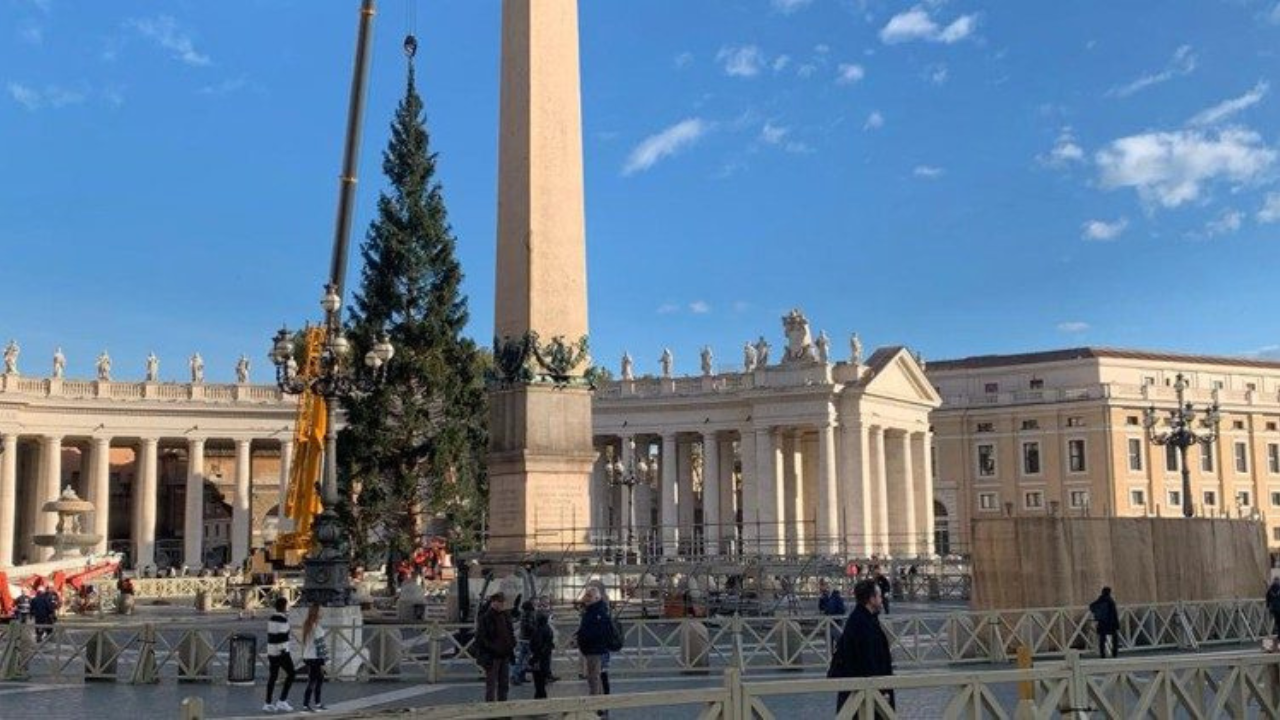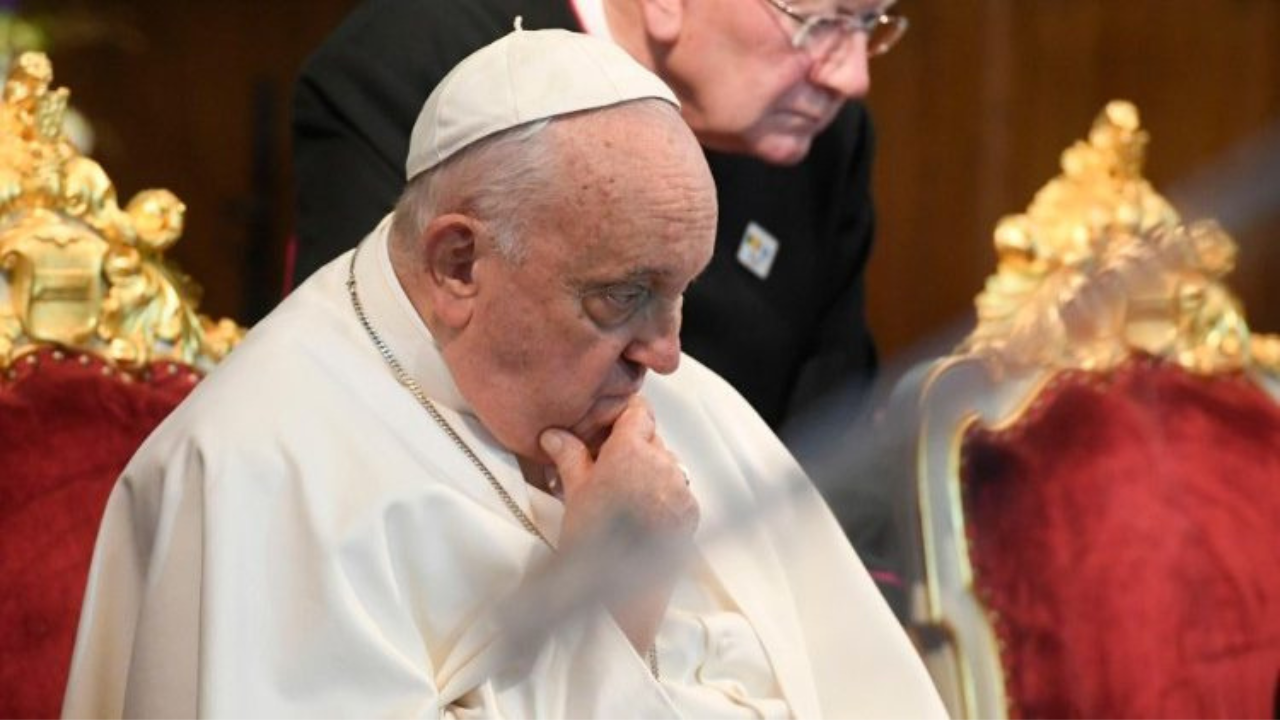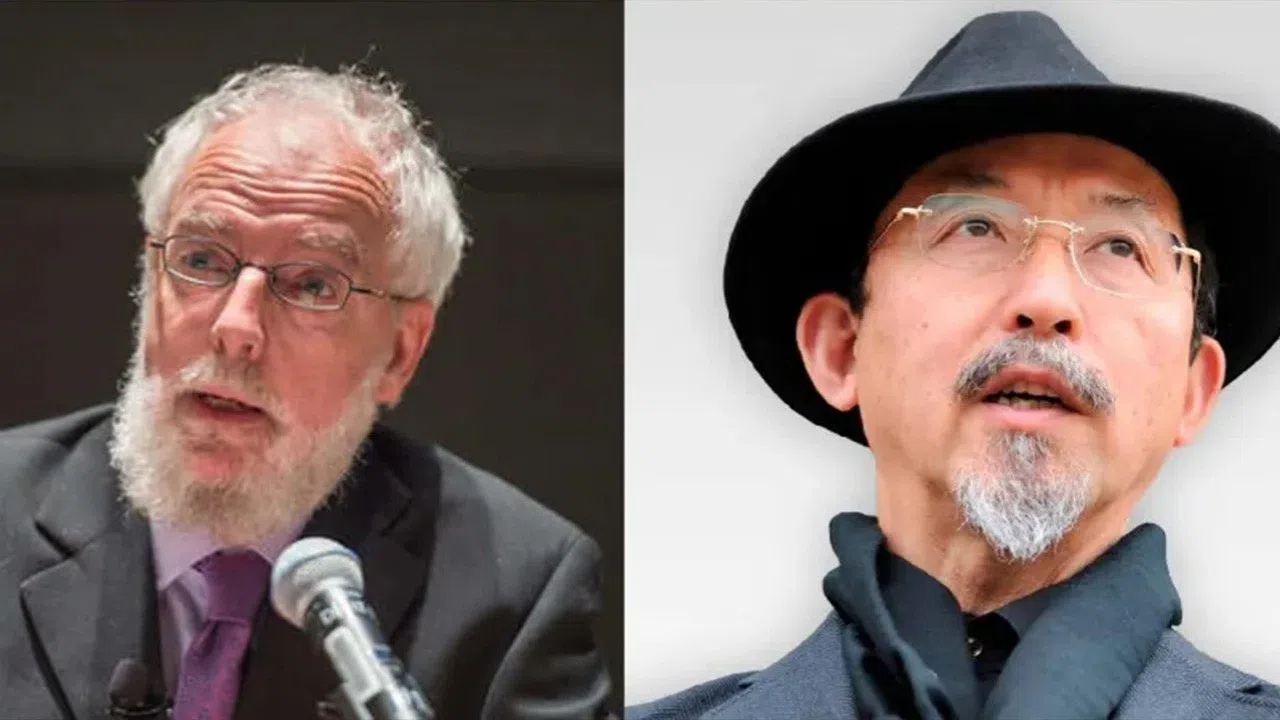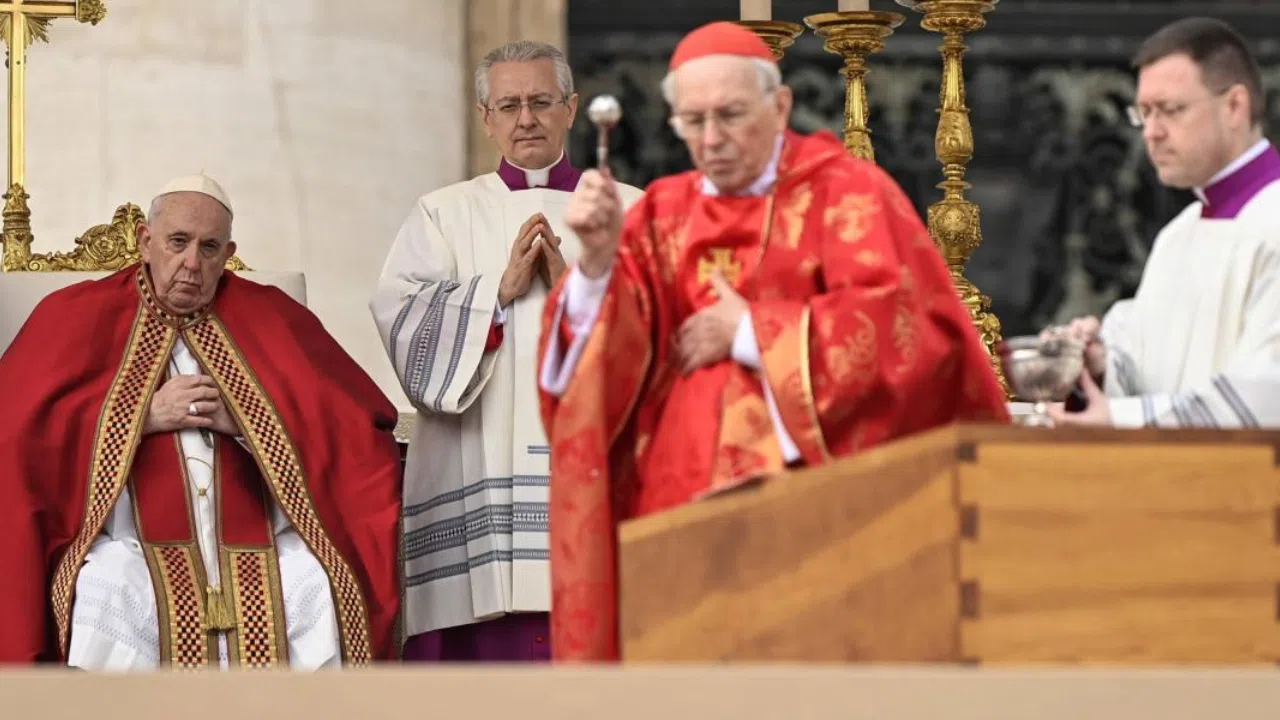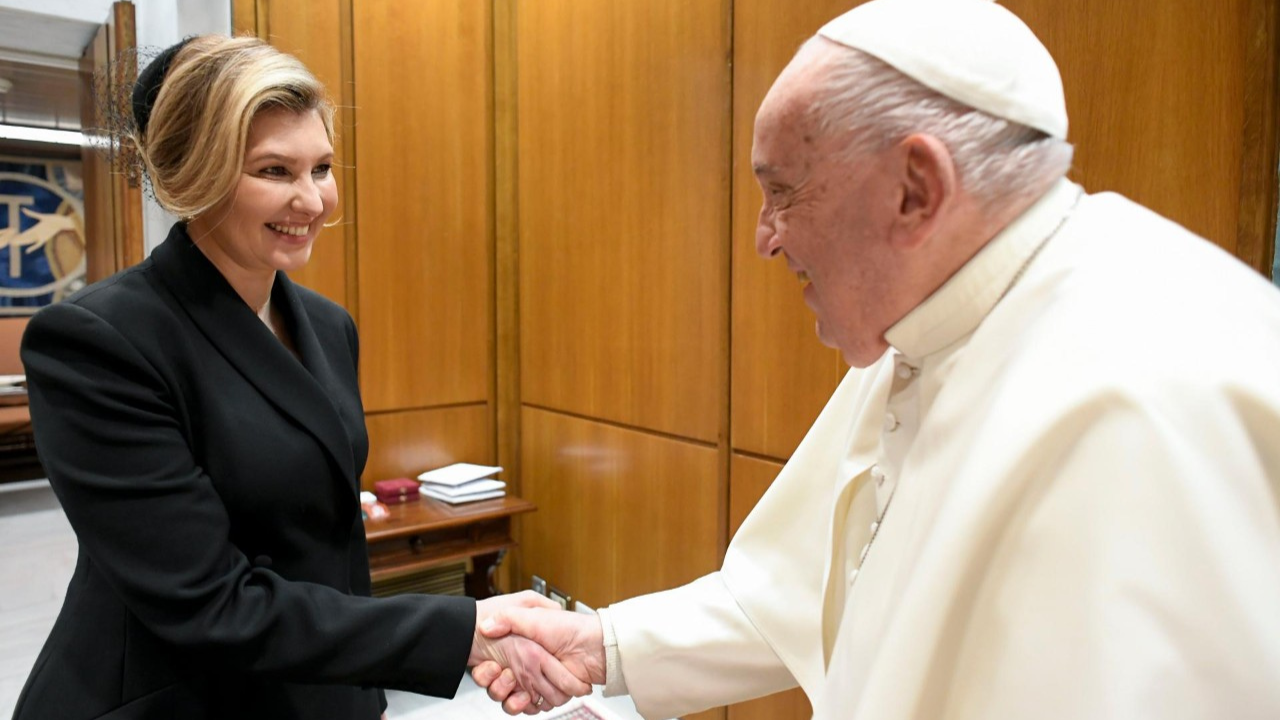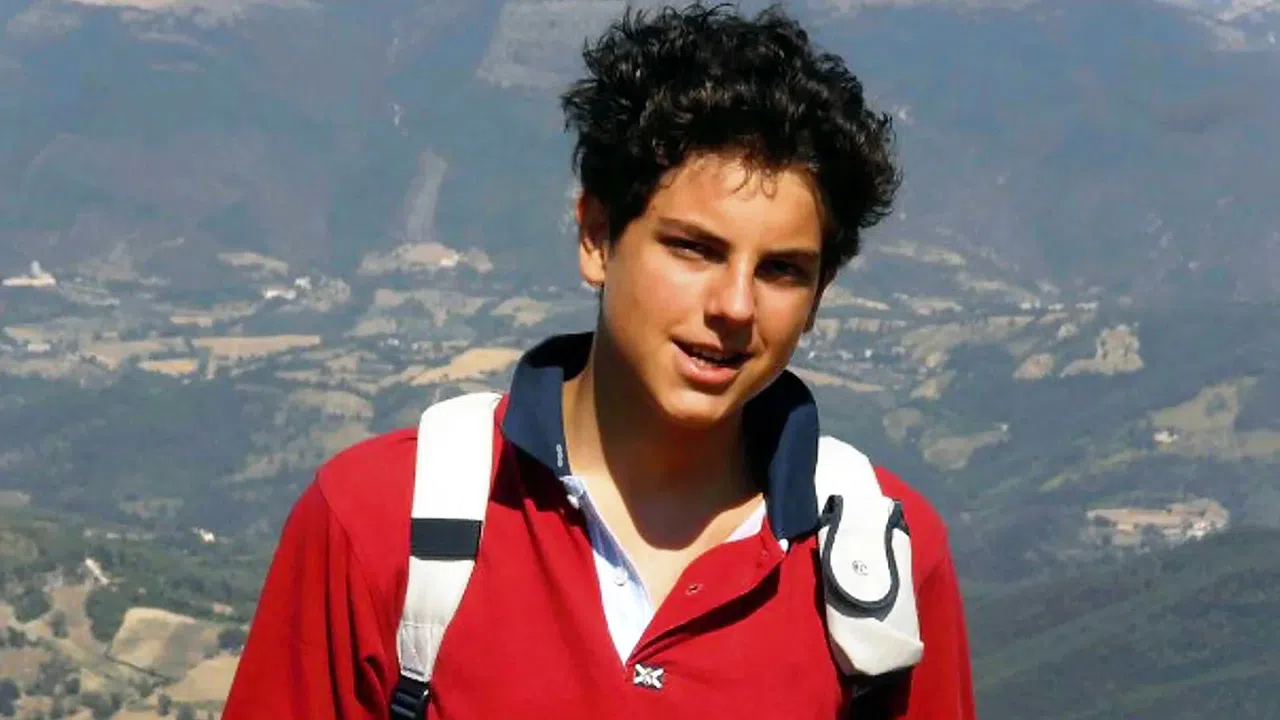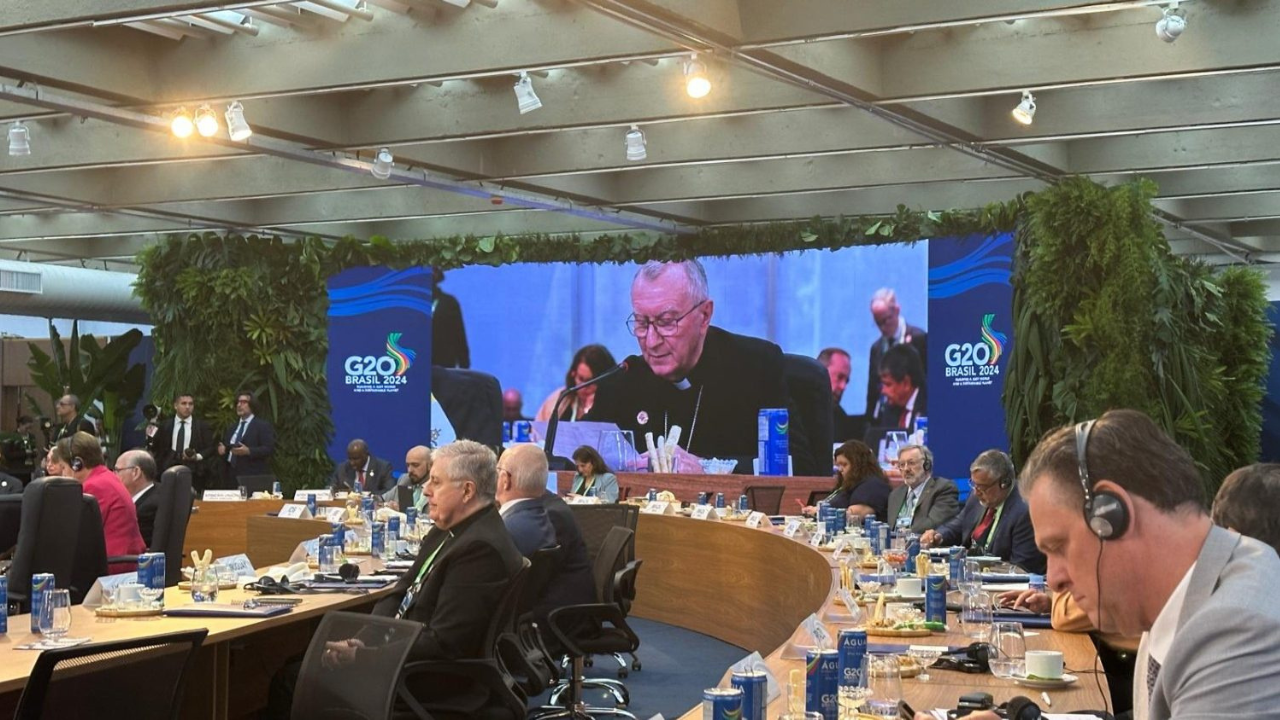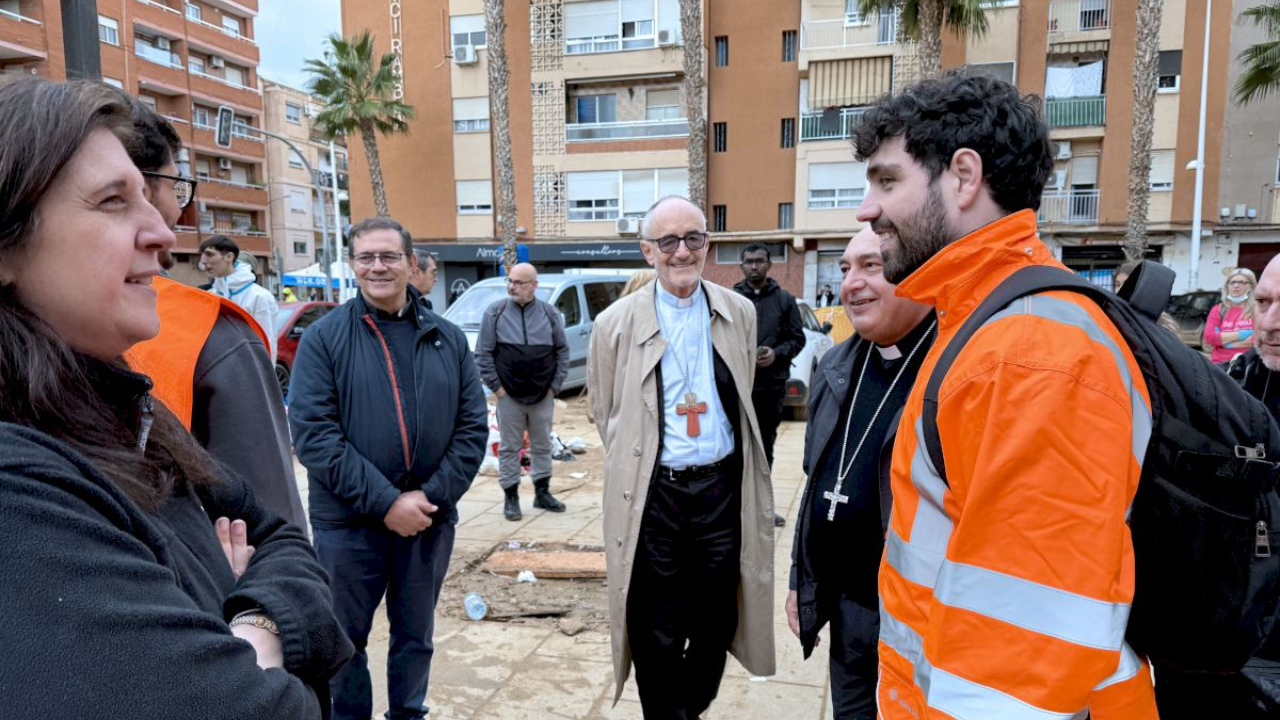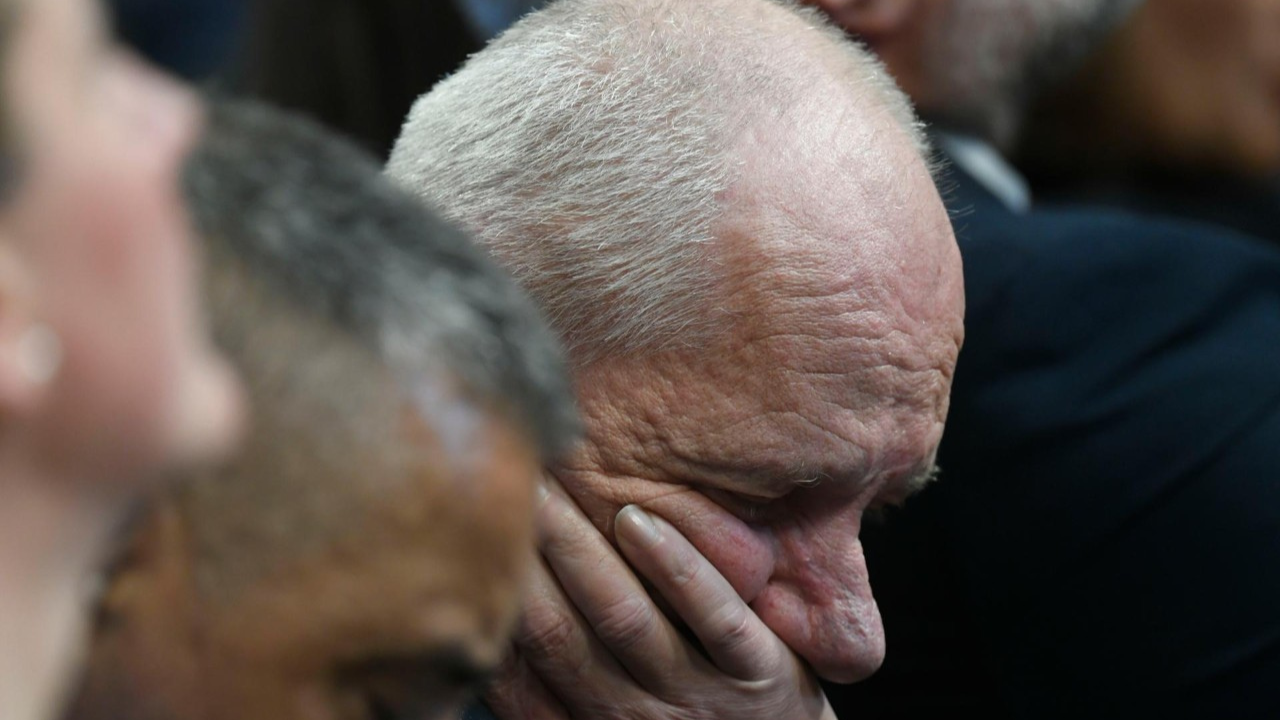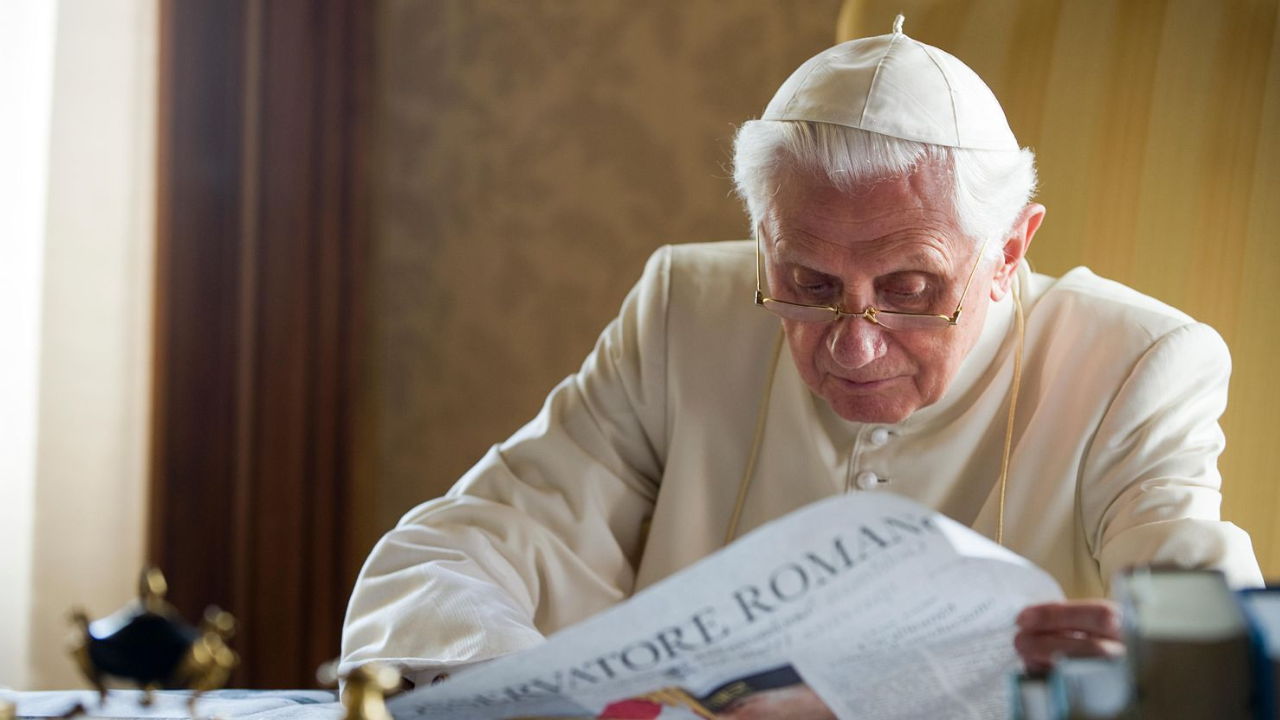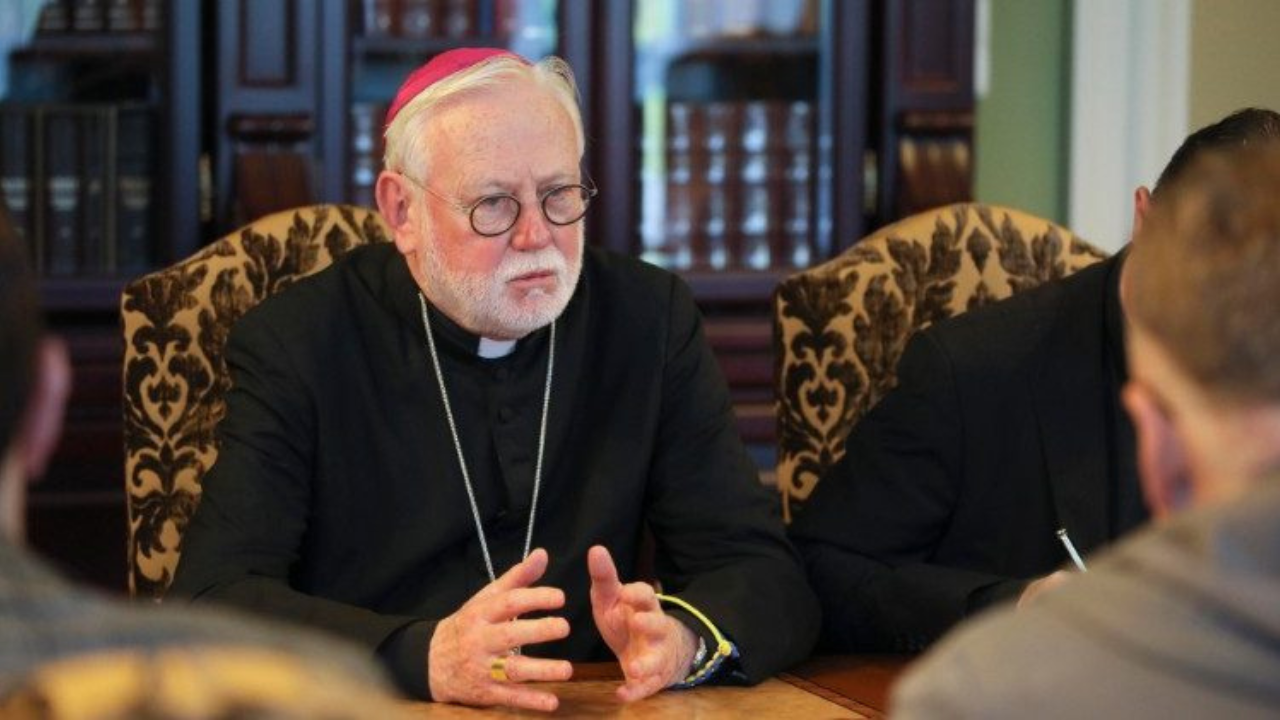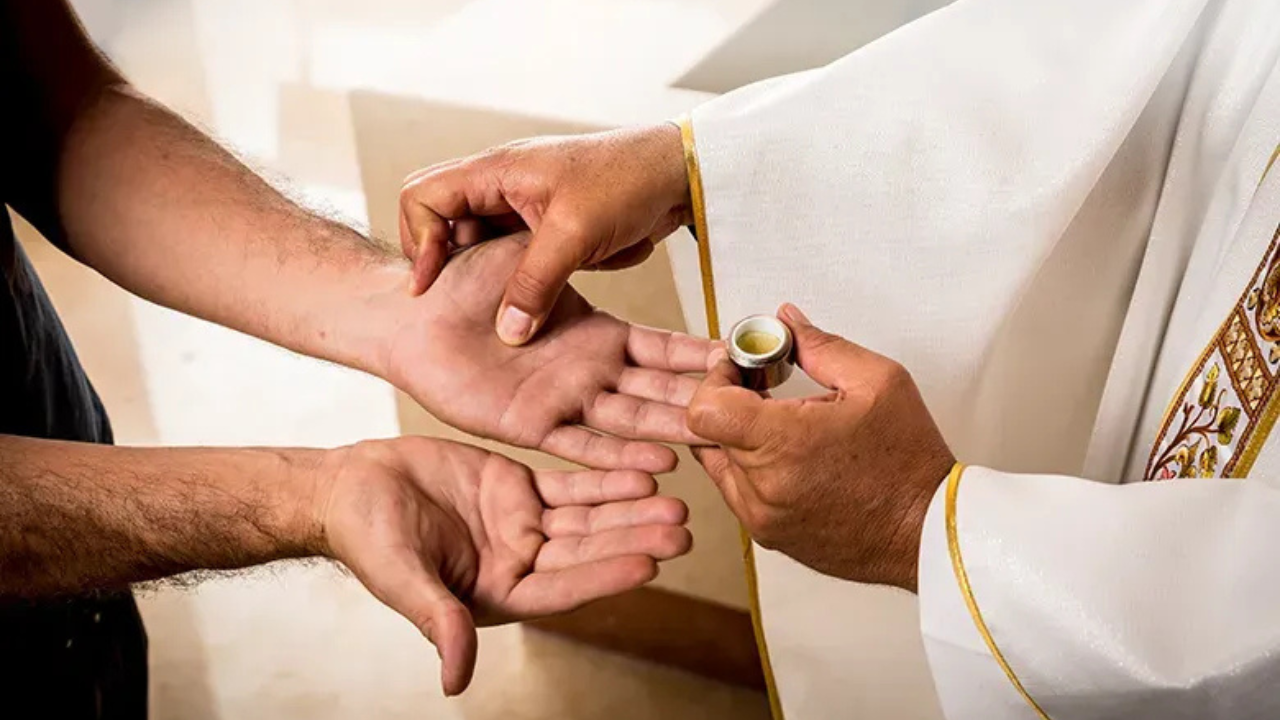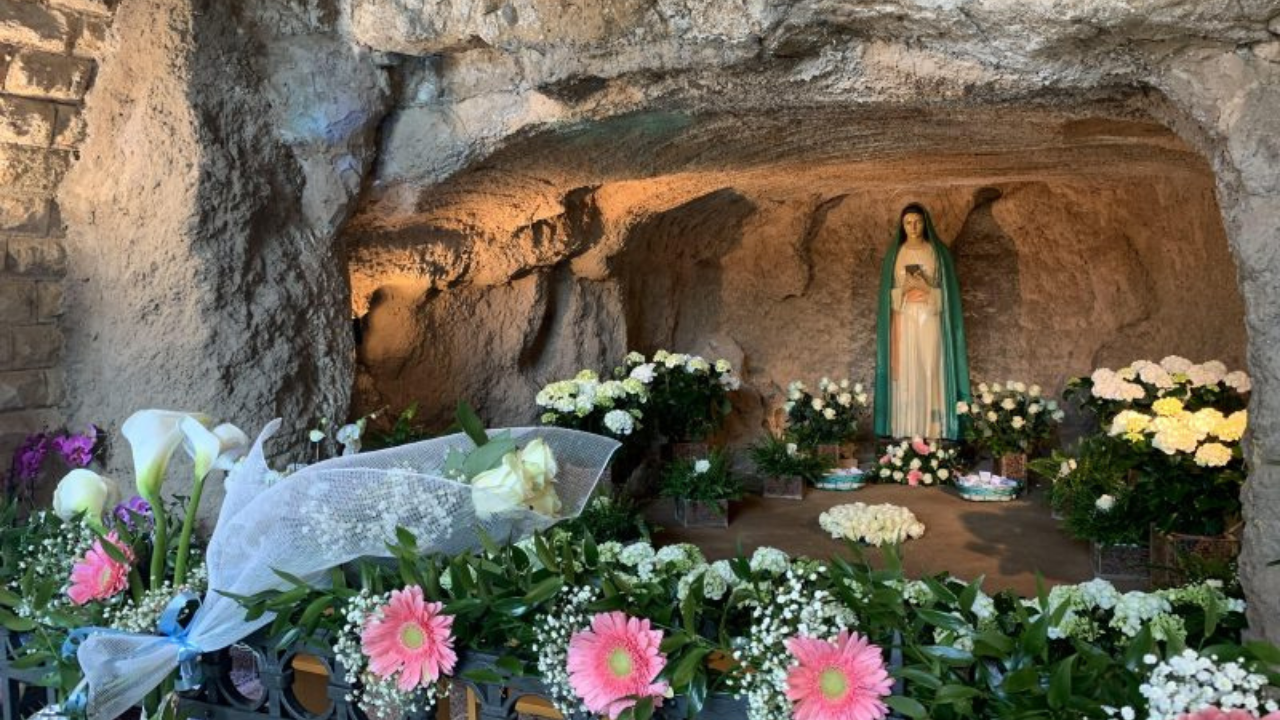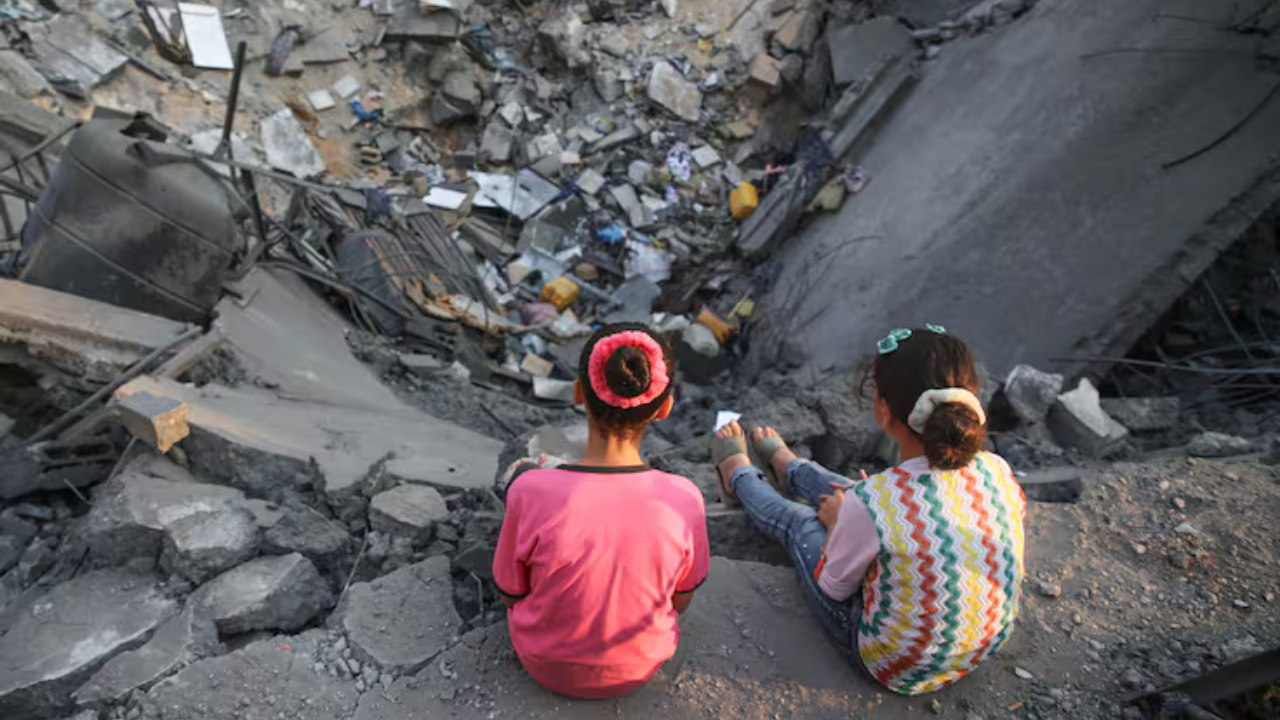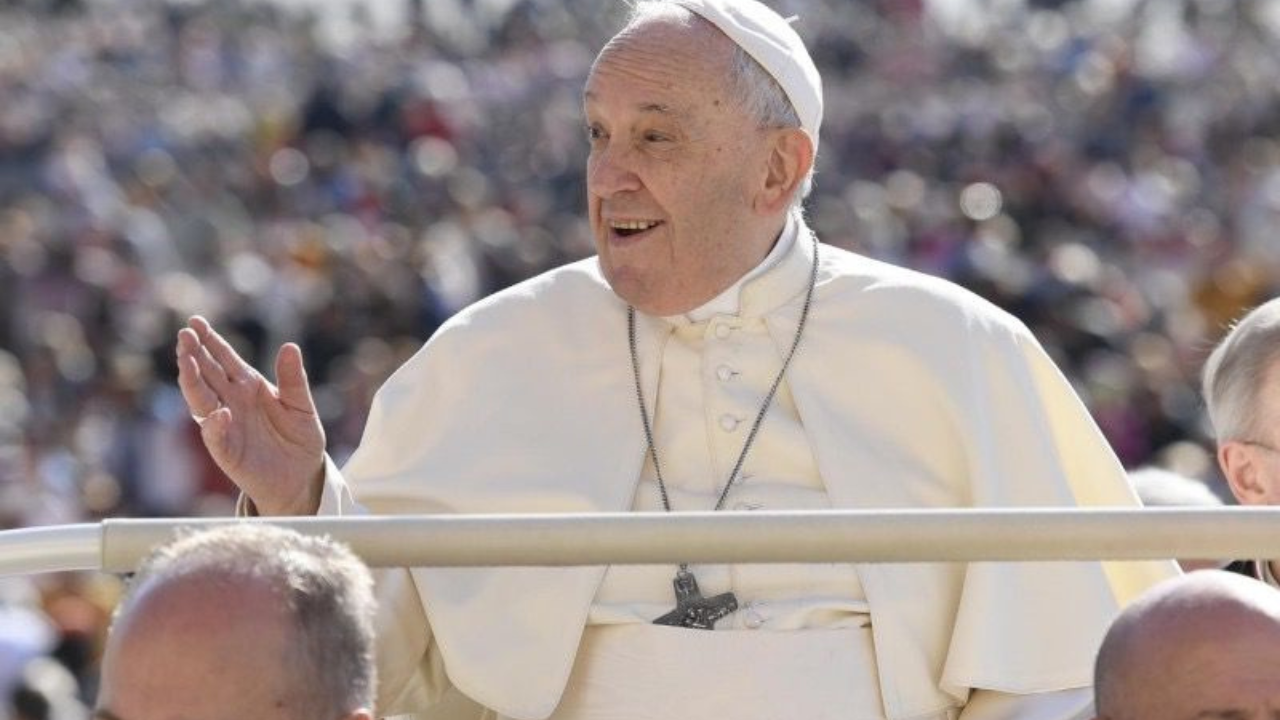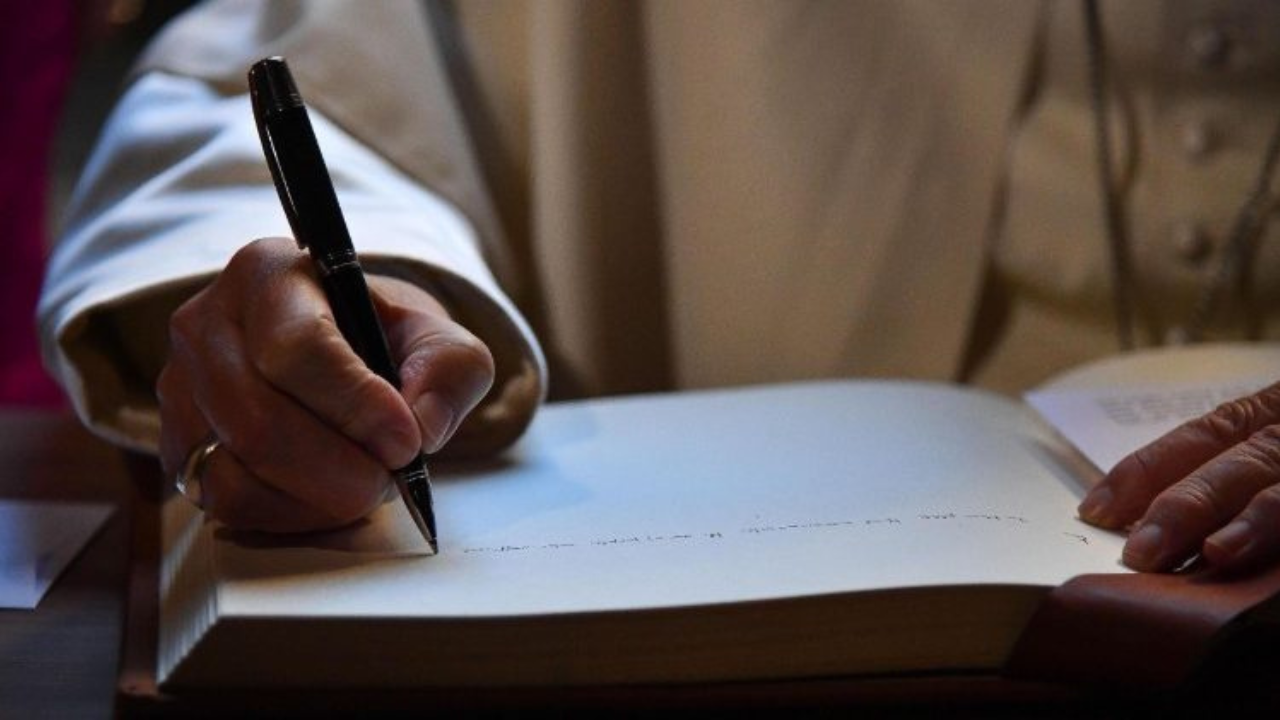The Holy See's main financial watchdog, the Financial Information Authority, better known as AIF, released its 2013 annual report. During this year, the Vatican issued several laws to regulate all economic activity, and strengthen measures to fight money laundering.
RENE BRí?LHART
Director, Autorití di Informazione Finanziaria (AIF)
'We are not perfect yet, we are not super good yet. I think that we are on the right track, we have found the right path.â?
According to the 2013 report, the AIF found found 202 cases of suspicious activity within the Holy See's financial institutions, including the IOR, or Vatican Bank. By comparison, in 2012, they had only six cases. But AIF Director Rene Brí¼lhart, said there's a good reason for this spike in reported activity.
RENE BRí?LHART
Director, Autorití di Informazione Finanziaria (AIF)
'Does that mean that we have much more, lets say, abusive or illicit activities within the Holy See? No. Not at all. What it means is that the system, the reporting system, starts to work, or works.â?
Of the 202 cases, the financial watchdog referred five to the Promoter of Justice, the Vatican's equivalent of the Attorney General, to open up penal investigations. Those results are not yet available.
The report also states that AIF forwarded 28 of those cases to foreign agencies, for further investigations. This was possible, Brí¼lhart noted, due to the Vatican's increased cooperation at an international level.
RENE BRí?LHART
Director, Autorití di Informazione Finanziaria (AIF)
'It's ultimately a responsibility for the Holy See to be part to such kind of networks, and to interact and to play its role, and to help on the global level to fight these evils of money laundering and terrorism financing.â?
During the presentation of the annual report, Brí¼lhart said that AIF carried out the first on-site inspection of the Vatican Bank in the first trimester of 2014. In the coming months, management will discuss how to implement the plan of action developed after the inspection.
RCA
AA
-
-PR
Up:
